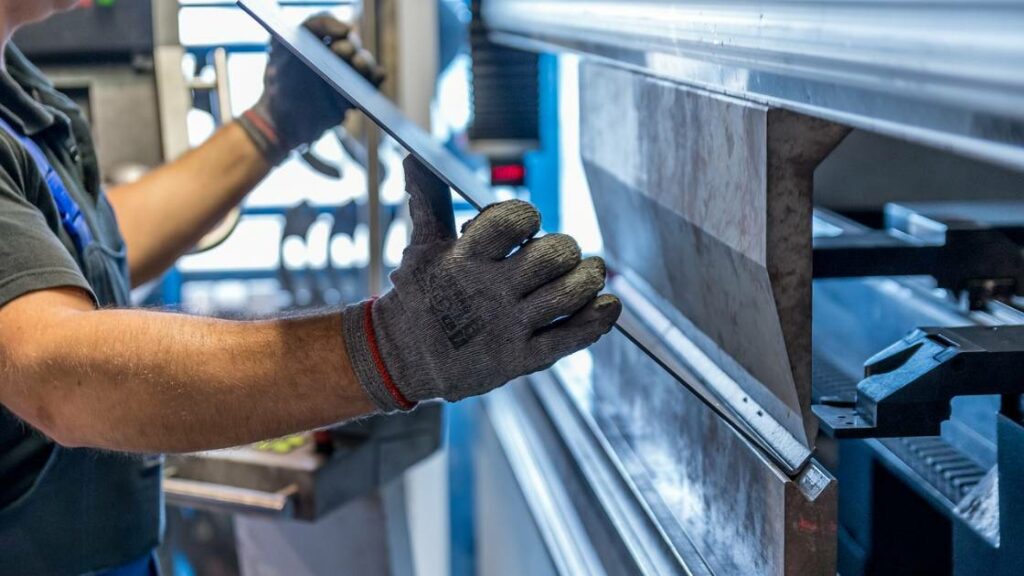Client Testimonials
★★★★★ 5/5
“We have worked with RPF Environmental for several years now. They are a great company to work with, very knowledgeable, helpful, professional and friendly.”
- Heather Nichols – Kahr Arms
- Heather Nichols – Kahr Arms
“RPF is a great company to work with, highly knowledgeable, great to work with and accommodating.”
- Jennifer Gilbert- St. Charles School
- Jennifer Gilbert- St. Charles School
“I have been using the services of RPF Environmental for several years and plan on continuing to do so.”
- Bill Timmons- SPS New England
- Bill Timmons- SPS New England
“I will continue to call on RPF for all things related to environmental safety and health.”
- Richard A. Falardeau- SAU 49; Gov. Wentworth Regional School District
- Richard A. Falardeau- SAU 49; Gov. Wentworth Regional School District
“They are a great company and have provided prompt and professional services.”
- Bill Botting- SAU 60; Fall Mountain School District
- Bill Botting- SAU 60; Fall Mountain School District
Previous slide
Next slide





